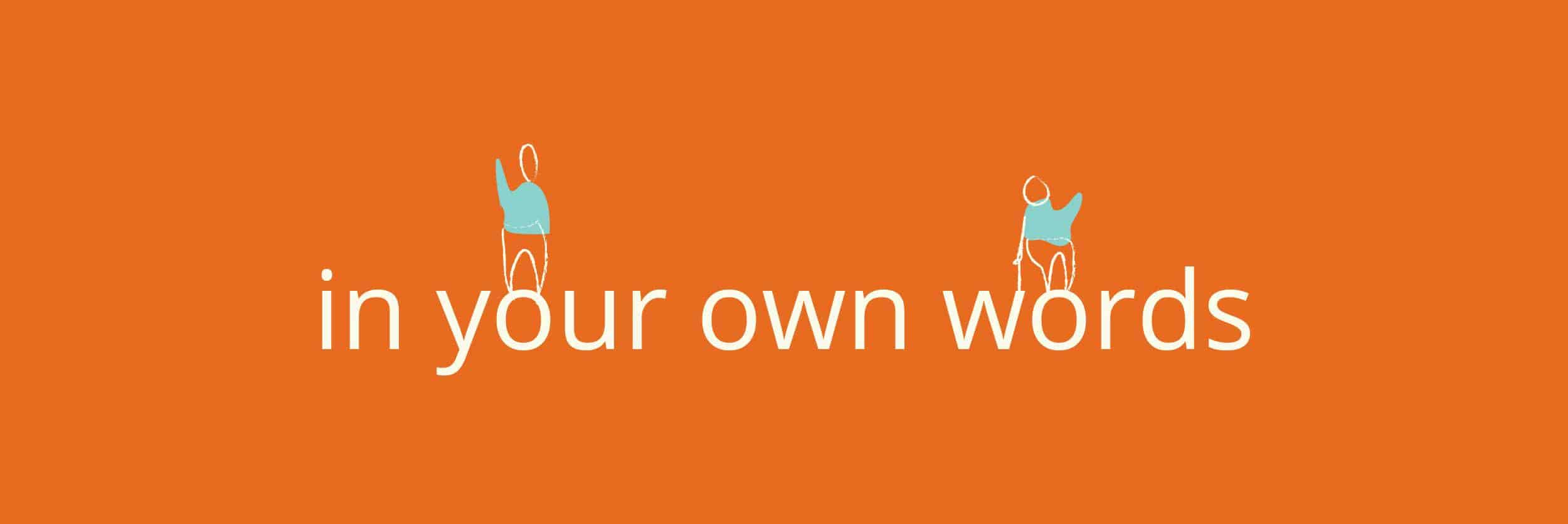Living With a Rare Disease: A Sibling’s Perspective
By Emily Woolf
My name is Emily Woolf. I am the third of four sisters, all born within five years. As sisters, we share everything, including genes—and not just the kind you wear. Autoimmune diseases have been handed down generation after generation in our family, like an heirloom that nobody wants but none of us can get rid of. Some would call this bad luck—and although it certainly has created a more difficult path, it has provided us with incredibly valuable and amazing opportunities that cannot go unnoticed.
My oldest sister became extremely ill at age fifteen with the rare and currently incurable autoimmune disease, Neuromyelitis Optica (NMO). NMO was a thief, attacking Megan’s spinal cord and brain, causing her pain and fear, but also hijacking each one of my sisters and me of our happy home and childhood. Days of running and giggling with my sisters turned into months of hospitalizations and doctor appointments. We devoted ourselves to working as a team, each in different and ever-changing roles, to battle the illness and support one another.
Hospitals make other people uneasy, but I noticed early on in my sister’s illness that I found each trip for treatments like plasmapheresis to be extremely interesting. I felt compelled to educate myself about her rare disease. Through this, I quickly found that becoming more knowledgeable on NMO as a whole was one of my greatest forms of coping and handling the stress of this new hardship that we were experiencing as a family.
In April 2019, I was offered the opportunity to attend the NMO Roundtable Conference for Patients and Caregivers hosted by The Guthy-Jackson Charitable Foundation at UCLA. The conference was life-changing. I was able to meet accomplished doctors and researchers from around the globe. It gave hope and a sense of belonging to those in the NMO community, patients and caregivers alike, who usually feel like outcasts. I was surrounded by people who won the strange genetic lottery of inheriting this particular rare neurological disease. Yet, the room was full of joy. It renewed my positive perspective and made me see that I wasn’t so “unlucky” after all.
Many will listen to my story as a sibling of someone with a rare disease and think I’ve had nothing but bad luck and hardships, but I recognize the value in these lessons. I contend my misfortunes were perfectly timed to allow me to recognize my desire to help others. Looking deeper, past the pain and worry, I have developed a true passion for understanding rare diseases and assisting others through counseling and emotional support.
I am motivated to continue my journey, working alongside incredible organizations that help families such as mine, including the Guthy-Jackson Charitable Foundation and the Siegel Rare Neuroimmune Association. Through collaborative efforts, we have been able to broaden access to support with a new Sibling Support Group offered to siblings aged 18 years or older of individuals diagnosed with ADEM, AFM, MOGAD, NMOSD, ON, or TM. I am honored as the support leader of this group to help provide reassurance, meaningful connections, and a listening ear amongst individuals whose experiences are often overlooked. With full access to support for every patient, caregiver, sibling, and friend—however your relation—we will continue to grow and inspire each other as a community.
Emily’s next Sibling Support Group Meeting will be held on Sunday, May 19 at 7:30 pm (Eastern Time). If you’d like to attend, please RSVP here.
Our “In Their Own Words” blog posts represent the views of the author of the blog post and do not necessarily represent the views of SRNA.






